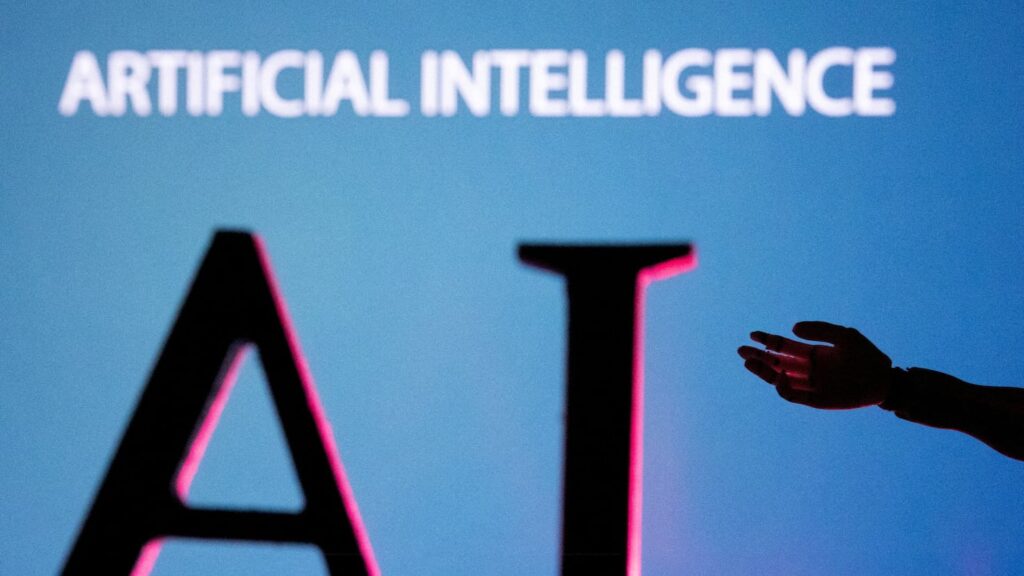The field of artificial intelligence is advancing at a faster pace than once thought possible. AI technology has the potential to help solve pressing challenges facing humanity, but it also poses “serious risks to society and humanity,” according to an open letter published by Future of Life in 2023. The letter calls for an immediate six-month halt to the training of any AI systems more powerful than Open AI’s GPT-4.
Adding to these concerns, just two months later OpenAI CEO Sam Altman and Google DeepMind CEO Demis Hassabis published an open letter warning that the misuse of AI could lead to the extinction of the human race, and called on governments to establish “guardrails” to regulate the use of AI.
You might also be interested in: Bill Gates explains how AI will change our lives in the next 5 years
What are the risks of artificial intelligence?
AI technology could be dangerous in several ways, even if it hasn’t yet reached the leap of self-awareness or sentience. At that point, AI could be beyond humanity’s control and act in malicious ways. Built in, an online community for startups and technology companies, has taken an in-depth look at 12 dangers of AI.
While AI can be used to perform certain tasks more efficiently, there are concerns that AI-powered systems could automate certain jobs that go far beyond routine, repetitive tasks. This issue could become even more pronounced if these systems are integrated into robots, leaving hundreds of millions of people unemployed unless they upskill.
Additionally, because AI systems are taught by humans, they are at risk of bias, and the data fed into their training programs can bias what the AI learns. If AI-powered systems select ideal candidates based on the analysis of facial and voice characteristics, which goes beyond just gender and race, this could affect who companies hire, potentially exacerbating socioeconomic inequalities.
One serious concern where AI is already being used is deepfakes. AI-powered systems can create near-perfect fake images, videos and imitations of human voices. These could be used to sow social unrest and destabilize markets by creating “statements that may appear plausible but are unfounded or reveal bias,” Pope Francis warned. They could also undermine ethics and goodwill among people.
Related article
Some of the more sinister uses of AI technology include surveillance of members of society through facial recognition and data collection, and even more frightening are autonomous AI-powered weapons that are not bound by rules of engagement and can be hacked by bad actors.
Furthermore, as society becomes overly reliant on AI technologies, it could lead to a loss of human influence, a loss of empathy and social skills due to reduced communication with peers, and a decline in human creativity, emotional expression, and intelligence.

